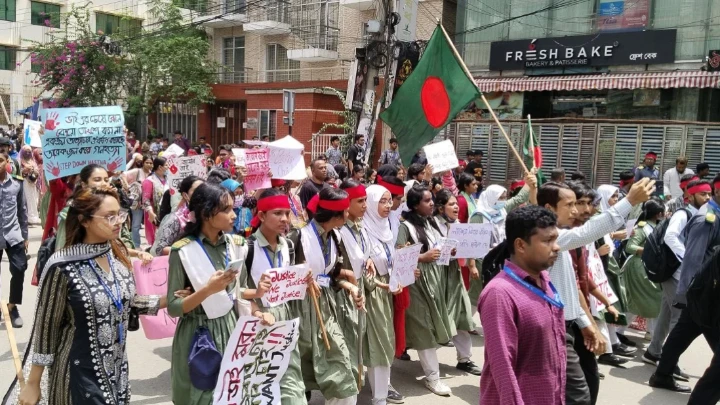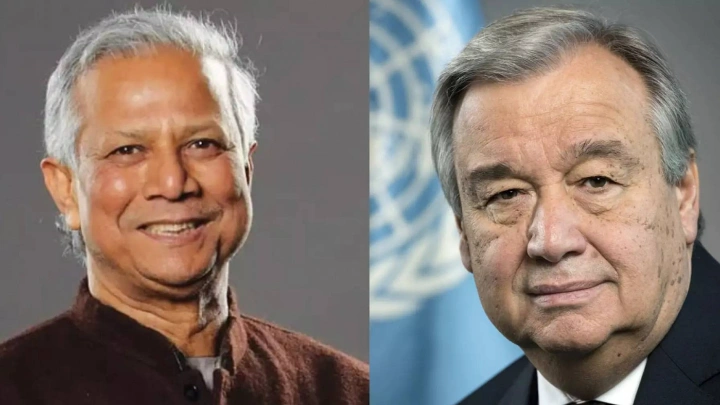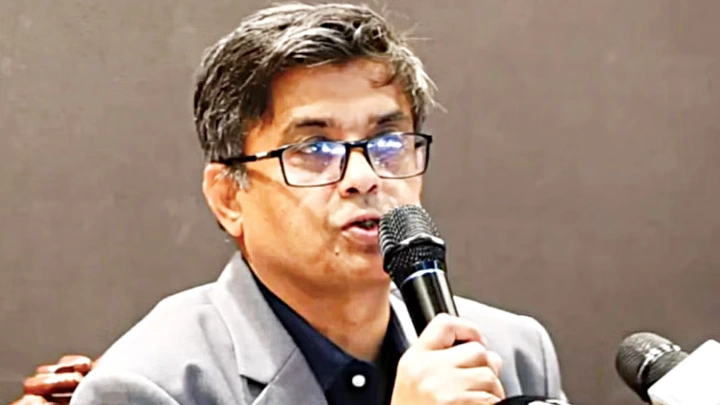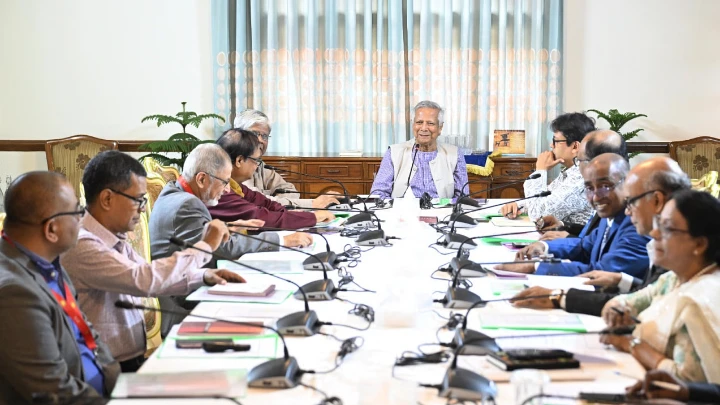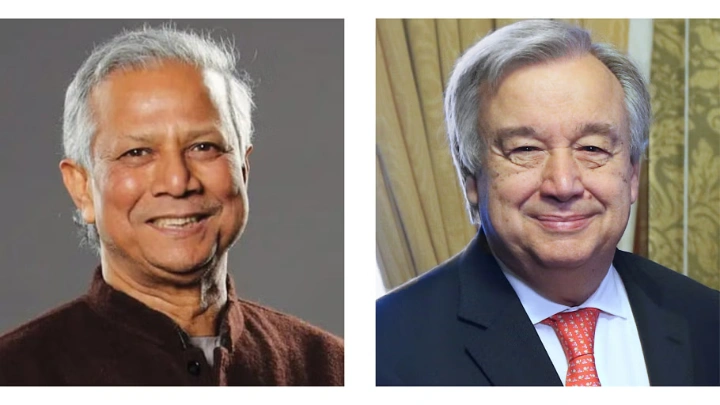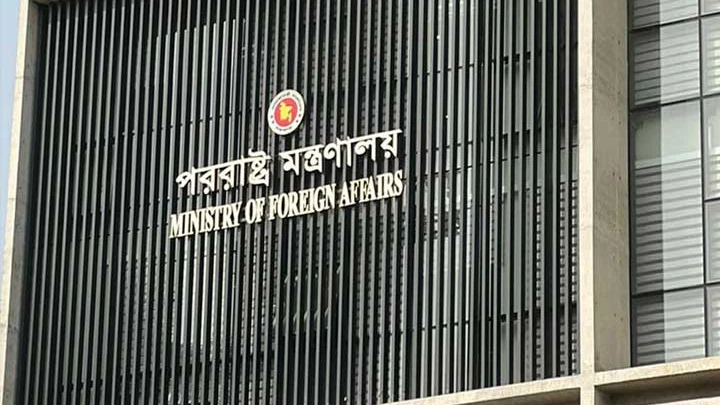Celebrating the vanguard of change in Bangladesh
DhakaTribune || Shining BD
In Bangladesh, the youth have once again demonstrated their pivotal role in societal change. A movement spearheaded by young students culminated in the resignation of Sheikh Hasina, marking the end of a 15-year autocratic rule.
This movement was not just about dethroning a leader but about challenging the very essence of governance and advocating for a more democratic and inclusive society.
The uprising was marked by the active participation of students and young people from various backgrounds. The protests exhibited unique characteristics previously unseen in Bangladesh's political landscape. Students were not only protesting against the government but they also took on the responsibility of protecting public property and minorities, showcasing a deep sense of civic duty and national responsibility.
Bangladeshi youth have become the icon of hope for the nation. Their actions during and after the movement demonstrate a commitment to building a better future. The success of this movement was a significant victory for the youth, showcasing their ability to mobilize, advocate for change, and achieve their goals.
Let us look at how else the youth may drive the development goals of this nation.
Youth and the SDGs
The Sustainable Development Goals (SDGs) emphasize the importance of inclusivity and equitable opportunities for all, particularly the youth. The recent events in Bangladesh align with several SDGs.
SDG 4: Quality education
Education is a fundamental right for youth everywhere. Ensuring access to inclusive and equitable quality education is essential for successful transitions into the labor force and attaining decent work. In Bangladesh, the youth's quest for better education and opportunities has been a driving force behind many movements. The quota reform protests, for instance, were fundamentally about creating a more just and equitable system for all students.
SDG 8: Decent work and economic growth
Youth unemployment and underemployment remain persistent challenges globally. Bangladeshi youth have been vocal about the need for more and better job opportunities. The recent movements stress the urgent need to address these issues and create an environment where young people can thrive economically.
SDG 13: Climate action
Young people are not only victims of climate change but also valuable contributors to climate action. We saw how Bangladeshi youth have been at the forefront of climate activism, advocating for policies and practices that mitigate climate risks and promote environmental sustainability during and after natural calamities like floods, cyclones, and heatwaves.
The success of this movement was a significant victory for the youth, showcasing their ability to mobilize, advocate for change, and achieve their goals
Digital revolution and youth movements
Digital technologies, including mobile devices, services, and artificial intelligence, are critical in advancing the Sustainable Development Goals(SDGs). They facilitate evidence-based decision-making and have a profound impact across economic, social, and environmental dimensions. Digital interactions contribute to at least 70% of the 169 SDG targets and could potentially reduce the cost of achieving these goals by up to $55 trillion.
The recent youth-led movements in Bangladesh were significantly influenced by digital technologies. Young people, especially Gen-Z, effectively used social media platforms, the internet, and even artificial intelligence tools to organize and mobilize the masses.
The quota reform movement is a prime example of this digital activism. Despite repeated government-imposed internet blackouts, young activists continued to share information, coordinate protests, and raise awareness about their cause. Social media became a crucial tool for disseminating information quickly and efficiently, ensuring that everyone knew when and where to gather for protests. This resilience and adaptability highlight the crucial role of digital tools in modern activism and the youth's ability to leverage technology for social change.
Young people, particularly those aged 15 to 24, are leading the charge in digital adoption and innovation. In 2024, three-quarters of this age group used the internet, a higher rate than any other age group. Despite existing disparities, especially in low-income countries and among young women, youth are recognized as "digital natives." They harness technology to drive change, create solutions, and address global issues.
Building the future
The 2030 agenda for sustainable development, with its commitment to "leave no one behind," calls for strong and inclusive partnerships between young people and all stakeholders. Youth well-being, participation, and empowerment are key drivers of sustainable development and peace around the world. Achieving the 2030 Agenda requires recognizing the positive role of youth as partners in promoting development and sustaining peace.
International Youth Day is a reminder of the incredible potential and power of young people. The recent youth-led movement in Bangladesh has not only brought about significant political change but also showcased the youth's ability to protect, build, and lead.
As we celebrate the digital contributions of youth, let us also recognize their role in driving sustainable development and creating a better future for all. The youth of Bangladesh have proven that they are not just the leaders of tomorrow but the leaders of today. Their courage, determination, and sense of responsibility are a beacon of hope for the nation.
As we move forward, it is crucial to continue supporting and empowering young people, ensuring that their voices are heard and their contributions are valued. Together, we can build a more just, equitable, and sustainable world.
HM Nazmul Alam is a Lecturer, Department of English and Modern Languages, International University of Business, Agriculture and Technology.
Shining BD

